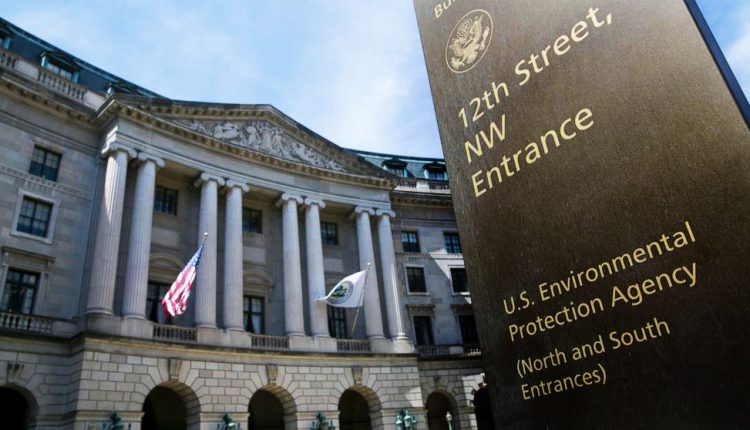
Small Lime Manufacturer Makes a Big Difference
by Assistant Chief Counsel, David Rostker
From the overlook on U.S. Route 33, you wouldn’t know there is a limestone mine and processor hidden in the Germany Valley. The mine and processor operator, Greer Lime Company, is a proud small business and the largest employer in Pendleton County, West Virginia. Greer is an integral part of the community and considers itself a steward of the land and environment.
Lime is a critical part of our industrial economy. Greer’s range of products are used in everything from construction to mining and agriculture. Lime is even a critical ingredient in air pollution control equipment and water treatment.
As with any natural product, its extraction and processing can generate its own environmental hazards, but Greer goes to great pains to ensure its facilities impose the least footprint possible. Greer even maintains a trout run next to their processing facility to demonstrate their commitment. Greer donates most of the trout to stock the nearby South Branch of the Potomac River for the county’s annual Trout Rodeo.
The air emissions from Greer’s lime processing facility are subject to a U.S. Environmental Protection Agency (EPA) National Emission Standard for Hazardous Air Pollutants (NESHAP) under the Clean Air Act. In January 2023, EPA published proposed revisions to the NESHAP that would significantly tighten emission standards, including new standards for pollutants EPA has said did not pose a public health concern. Unfortunately, EPA significantly underestimated the likely impact of the rule on small businesses. Greer, along with many in the industry, approached the Office of Advocacy and worked with us to understand the likely impacts and develop public comments to EPA.
In response to public comments from Greer and Advocacy, among others, EPA convened a panel under the Small Business Regulatory Enforcement and Fairness Act (SBREFA) to consider flexibilities that would reduce the impact of the rule on small businesses. The panel consulted with Greer, another small business, Peter Liens & Sons, and their trade association, the National Lime Association. In the end, the panel recommended many of the flexibilities sought by the small businesses. And on February 9, 2024, EPA published a follow-up proposal that included most of these flexibilities as well.
Advocacy greatly appreciates the efforts of small businesses like Greer to engage in the rulemaking process. Consultations under SBREFA cannot succeed without input from businesses like them. The results are never perfect. Even with these flexibilities, Greer will likely have to spend significant resources to come into compliance with this future NESHAP. But by following the recommendations of the panel, EPA will have significantly reduced that significant economic impact and made it a little easier for Greer to keep contributing to the West Virginia economy.
